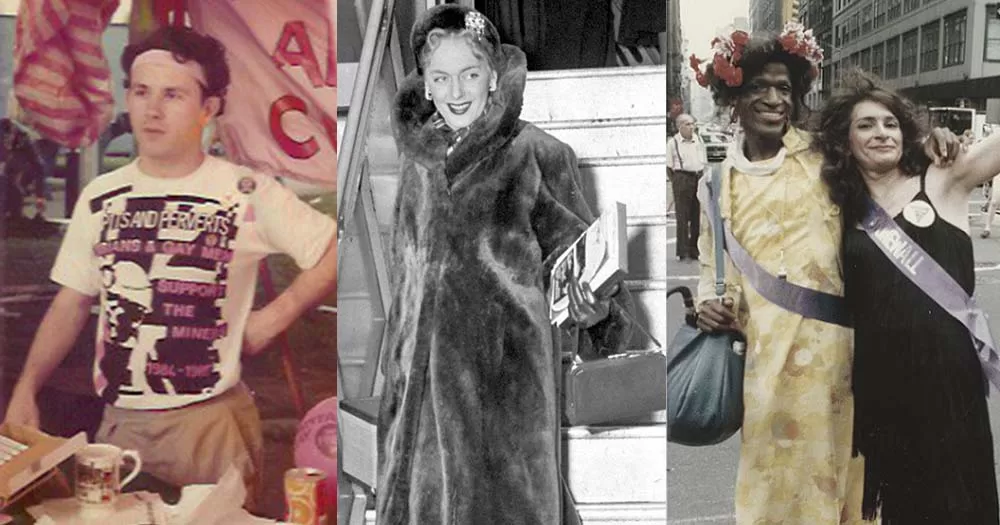In an ideal world, all of the LGBTQ+ historical figures and heroes who paved the way for queer rights would be a standard part of our education. Since that is not the case, we deserve to learn all we can about them now.
Here are nine queer history-making champions who everyone should know about.
Mark Ashton
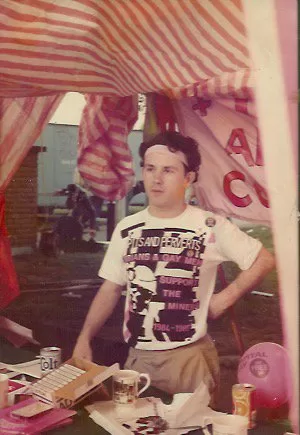
In the 1980s, Ashton co-founded the Lesbians and Gays Support the Miners (LGSM) group to support the UK miners’ strike. Ashton was a gay rights activist whose work inspired the 2014 film Pride. His legacy is astounding considering his short life. Sadly, he died at 26 from HIV-related complications.
Christine Jorgenson
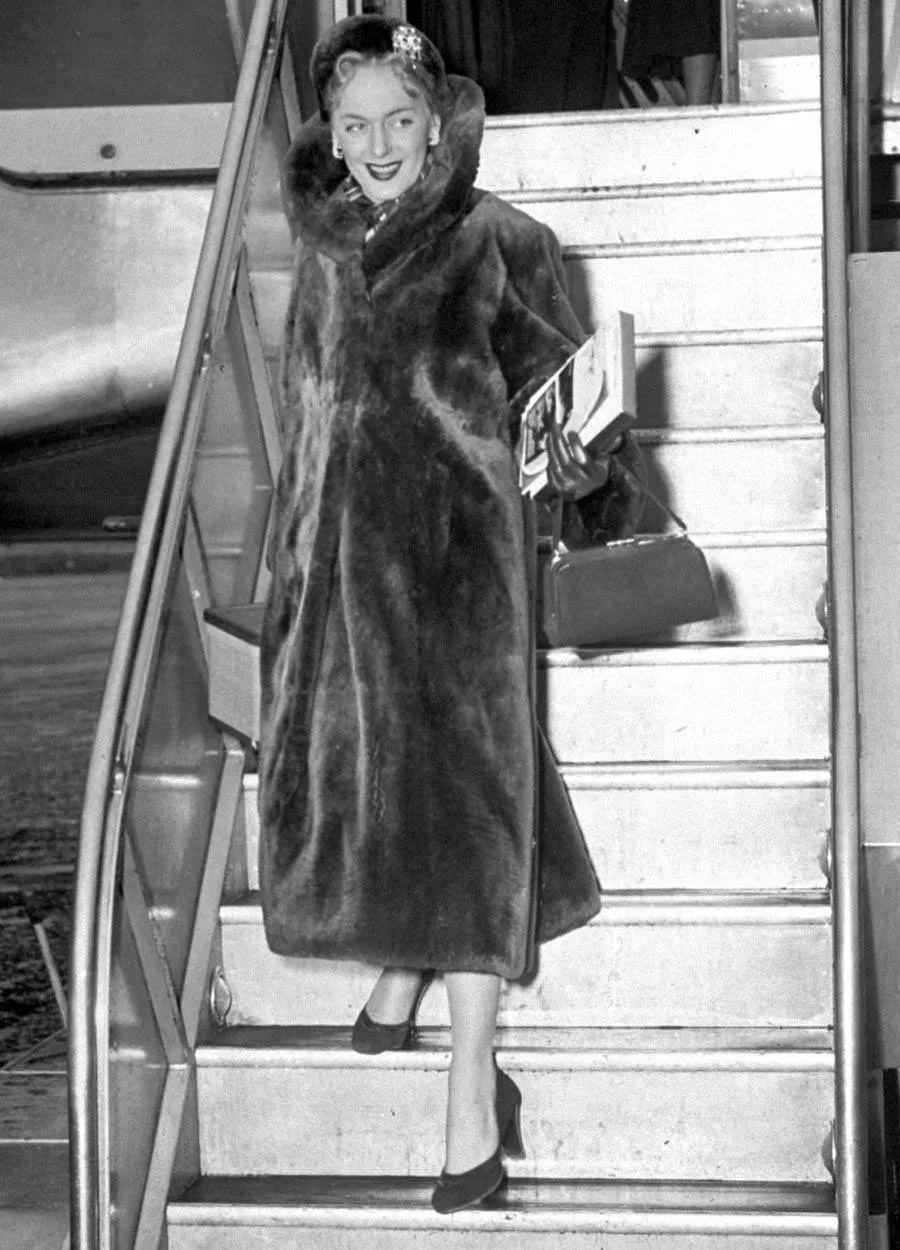
This American transgender woman was known as the first trans person to have gender-affirming surgery in the US. She was a famous actress and singer who was drafted into the US Army during World War II.
She had planned to keep her transition a secret, but the New York Daily News outed her after a letter she wrote to her parents was leaked to the press. In the letter, Jorgenson said: “Nature made a mistake which I have had corrected, and now I am your daughter.”
Rather than hide from the spotlight, Jorgenson used her visibility to advocate for transgender people worldwide. Ultimately, her public transition helped create a more accepting and inclusive culture around trans identities.
Sylvia Rivera
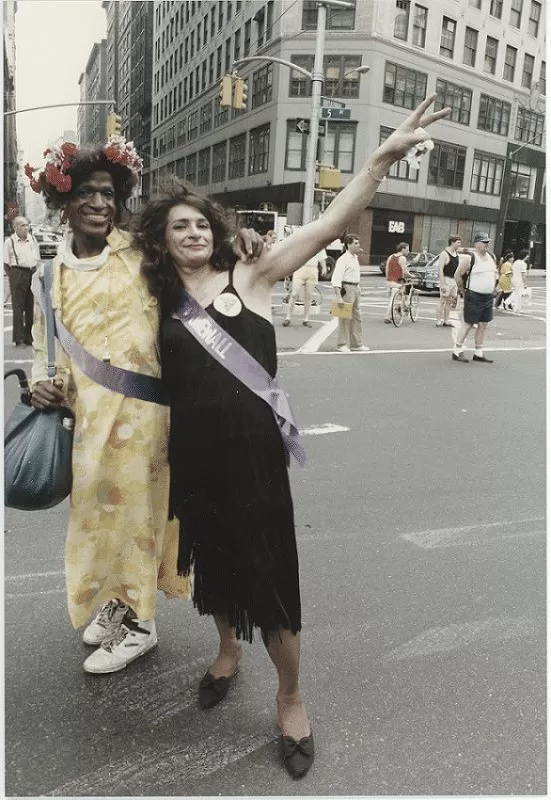
This Latina transgender activist was a key figure in the Stonewall uprising. She fought tirelessly for the rights of transgender and gender non-conforming people, especially those who were marginalised within the LGBTQ+ community.
She co-founded the Street Transvestite Action Revolutionaries (STAR) with one of the most iconic LGBTQ+ historical figures, Marsha P. Johnson, which influenced trans visibility and support. Rivera also supported transgender people who faced homelessness and discrimination.
? “Darling, I want my gay rights now!”
Today, we remember the legacy of Marsha P. Johnson. Rest in power. ? ? ✨
?: Marsha P. Johnson and Sylvia Rivera, ca. 1989-1990. The Rudy Grillo Collection, Rudy Grillo, LGBT Community Center Archive. pic.twitter.com/r5D09zY51n
— The Center (@LGBTCenterNYC) July 6, 2023
Alan Turing
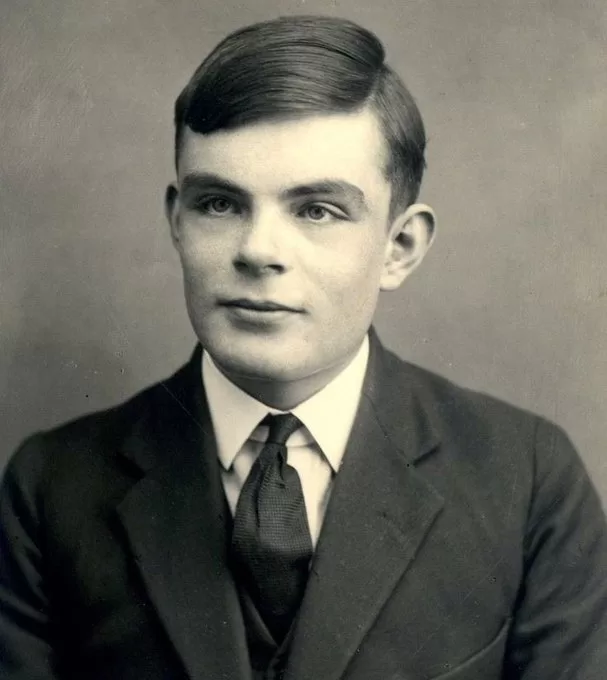
As a brilliant computer scientist and British mathematician, Turing is best known for his essential work breaking the intercepted German Enigma code during World War II, which ultimately enabled the Allies to defeat the Axis powers. He was also an exceptional long-distance runner who didn’t compete until his mid-thirties.
Too many LGBTQ+ historical figures were mistreated, and Turing, who could have been a gay icon, was unfairly subjected to prosecution, including chemical castration in 1952 for homophobic acts, which likely led to his premature death at the age of 42. In 2009, the British government apologised for his mistreatment. Prime Minister Gordon Brown said: “Alan and the many thousands of other gay men who were convicted, as he was, under homophobic laws were treated terribly.”
Barbara Gittings
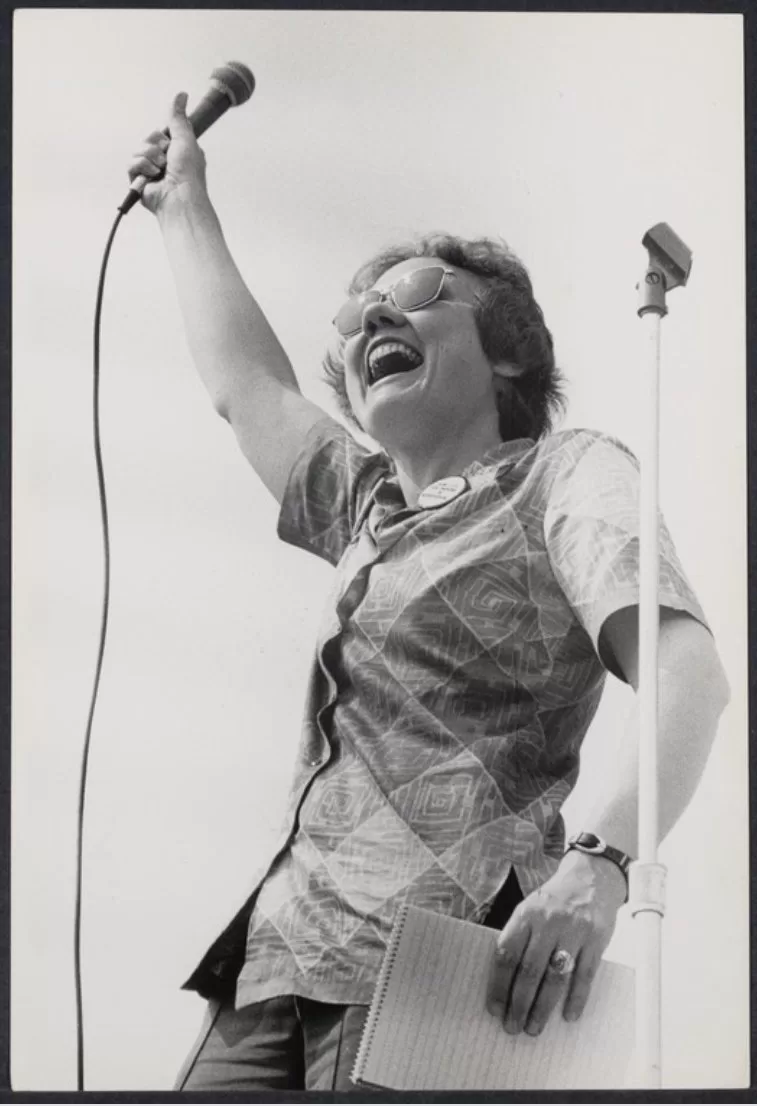
Best known for fighting for the inclusion of LGBTQ+ literature in public libraries, this powerful lesbian activist also led protests and worked with queer organisations like the Daughters of Bilitis to educate and advocate for lesbian rights. As part of her legacy, the American Library Association and the Gay and Lesbian Alliance Against Defamation (GLAAD) both named awards in her honour.
Ma Rainey
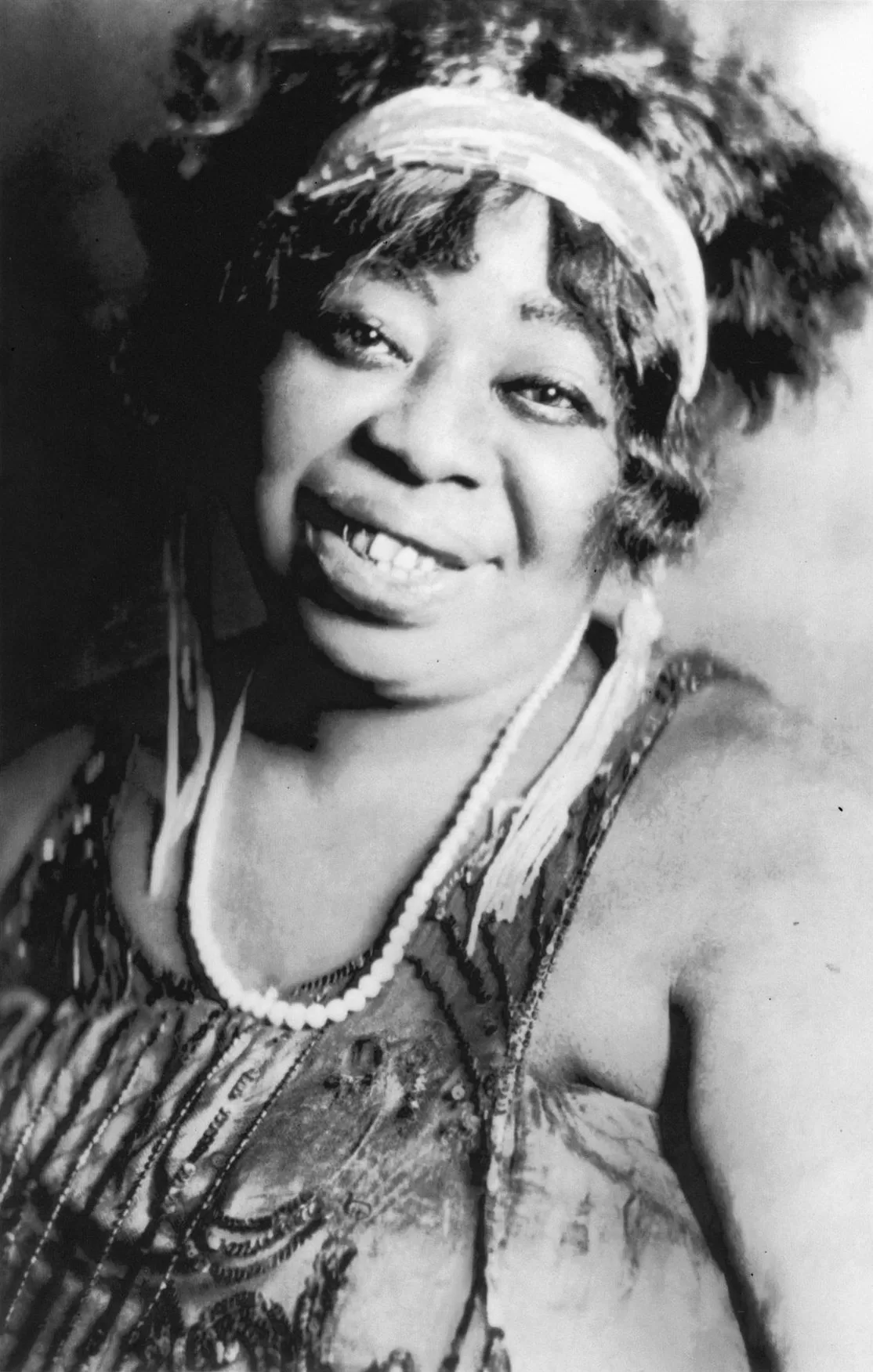
This “Mother of the Blues” was a pioneering bisexual African-American musician known for her mesmerising performances and singing about her liberating experiences as a Black queer woman in Chicago in the 1920s and 1930s. Her bold lyrics challenged societal norms, and she opened two music venues to support future LGBTQ+ artists, but her death certificate described her as a Housekeeper. In the years since her death, a museum and a film adaptation were created in her honour.
#PrideMonthSpotlight: Ma Rainey
Ma “Mother of Blues.” Rainey (1882-1939) served as a figurehead for an insurgence of lesbian performers on the Harlem scene during the Harlem Renaissance, opening up her home as an African American Lesbian safe space for art and culture. pic.twitter.com/jafgvfa22j
— The Global Women’s Caucus of Democrats Abroad (@dawomenscaucus) June 14, 2023
Bayard Rustin
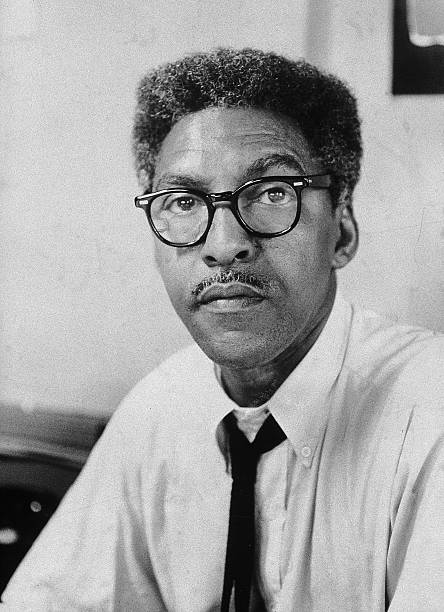
As a civil rights leader and gay rights activist, Rustin played a key role in organising the 1963 March on Washington where Martin Luther King Jr. gave his famous I Have A Dream speech. Rustin delivered his own landmark speech in 1968, describing gay people as “the new barometer for social change”.
Sally Ride
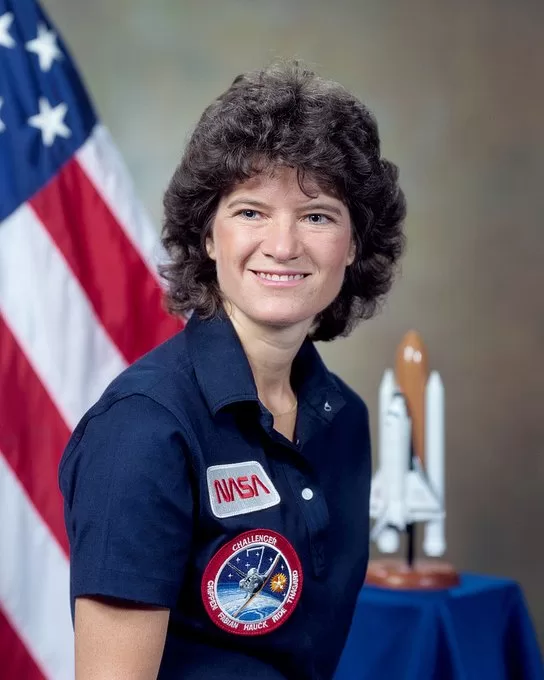
While she is predominately known for her contributions as the first American woman in space, the fact that she was a queer woman makes her even more significant. While her friends and family supported her identity and relationship, her sexuality was not publicly revealed until her 2012 obituary recognised Tam O’Shaughnessy as her partner of 27 years. She inspired generations of girls to pursue careers in science and engineering, and she is remembered for breaking barriers.
Larry Kramer
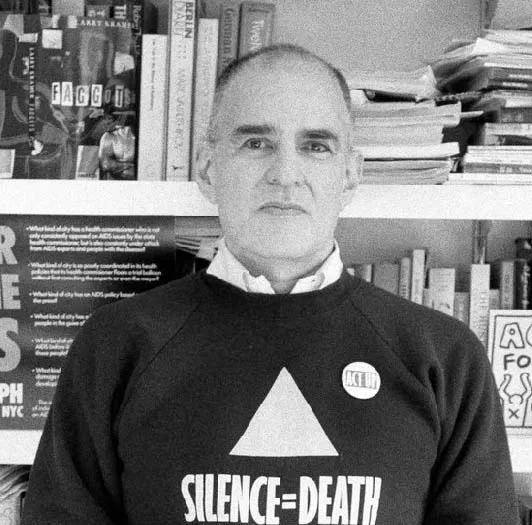
This activist, playwright and author was a central force who raised awareness about the HIV/AIDS epidemic. He co-founded the Gay Men’s Health Crisis (GMHC) and advocated for effective medical treatments that saved LGBTQ+ lives. His bold, antagonistic campaign helped increase awareness about the AIDS crisis in the 1980s.
Truthfully, we wouldn’t be where we are today without these LGBTQ+ historical figures who deserve all of the recognition. Their activism directly led to the modern queer rights movement, and their lives deserve to be remembered and celebrated.
© 2023 GCN (Gay Community News). All rights reserved.
Support GCN
GCN is a free, vital resource for Ireland’s LGBTQ+ community since 1988.
GCN is a trading name of National LGBT Federation CLG, a registered charity - Charity Number: 20034580.
GCN relies on the generous support of the community and allies to sustain the crucial work that we do. Producing GCN is costly, and, in an industry which has been hugely impacted by rising costs, we need your support to help sustain and grow this vital resource.
Supporting GCN for as little as €1.99 per month will help us continue our work as Ireland’s free, independent LGBTQ+ media.
